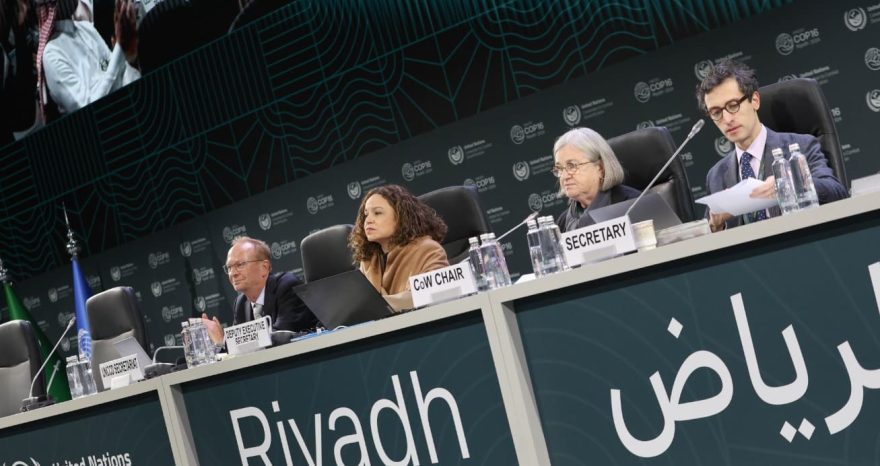The 100 billion promised (and never achieved) per year no longer reflects the real costs of climate change. They need at least 1,300 billion, says the African Group of Negotiators on Climate Change.
Africa makes two proposals to reform climate finance
(Sustainabilityenvironment.com) – They had anticipated it in recent weeks, but since yesterday (4 November 2021) the request has officially arrived at the COP26 table in Glasgow. African countries want the richest countries to multiply by 13 volumes of climate finance to be mobilized each year. The bill is 1,300 billion a year from 2025.
Climate finance is not a hot topic, but it is really central to the ongoing negotiations at the climate summit in Scotland, and to move the global ecological transition to the right place and leave no one behind. This is why the African countries that are part of the African Group of Negotiators on Climate Change have chosen to aim high.
The richest countries have failed
In Glasgow, it is decided how to manage the post-2025 climate finance flows: how much money, for whom, in what form (loans, grants or other) and for what kind of projects. Or at least set up the discussion, which could even last a few years given how difficult the subject is.
So far the richest countries have failed in their commitments. The goal set in 2009, at COP15 in Copenhagen, was to mobilise USD 100 billion a year by 2020. By that date, according to OECD calculations, we were still at just over 80 billion. In recent months, the United States and the United Kingdom have tried to put pressure on us to close the gap and have almost succeeded.
Two days ago, Biden’s special envoy for the climate, John Kerry, announced that only a couple billion was missing. Italy has made a substantial contribution tripling its share up to 1.4 billion.
It is clear: to increase from 100 to 1,300 billion in a few years, after all the problems encountered in the last 12 years, really seems an impossible mission. But for the most disadvantaged countries, the 100 billion no longer reflects the true costs of climate change. So they put two proposals on the table.
The first concerns the private sector: it will have to contribute, of course, but the bulk of climate finance must be public in order to avoid raising the debt of already vulnerable countries too much. Where to get the money? The second proposal is a 5% commission on state revenues from the global carbon price that is being set up at COP. (lm)













